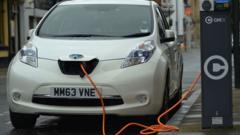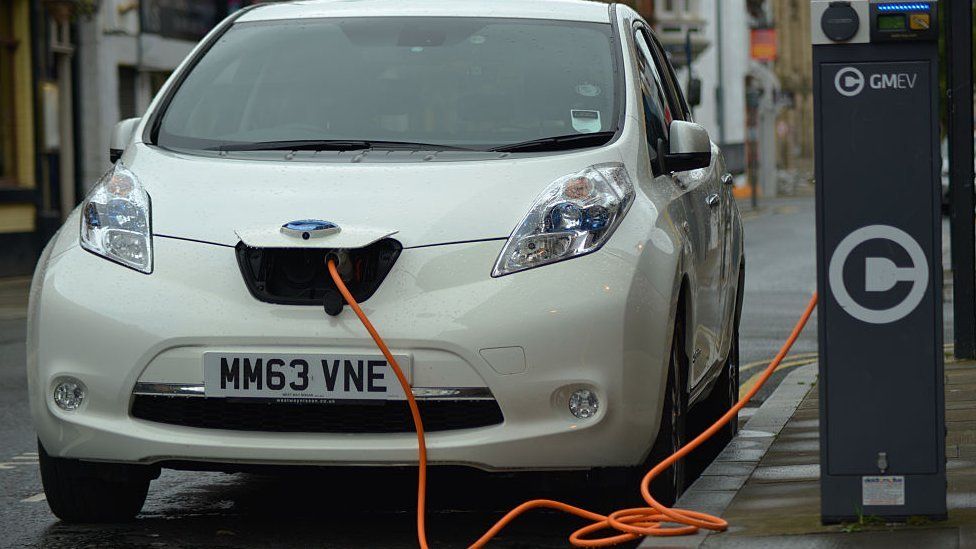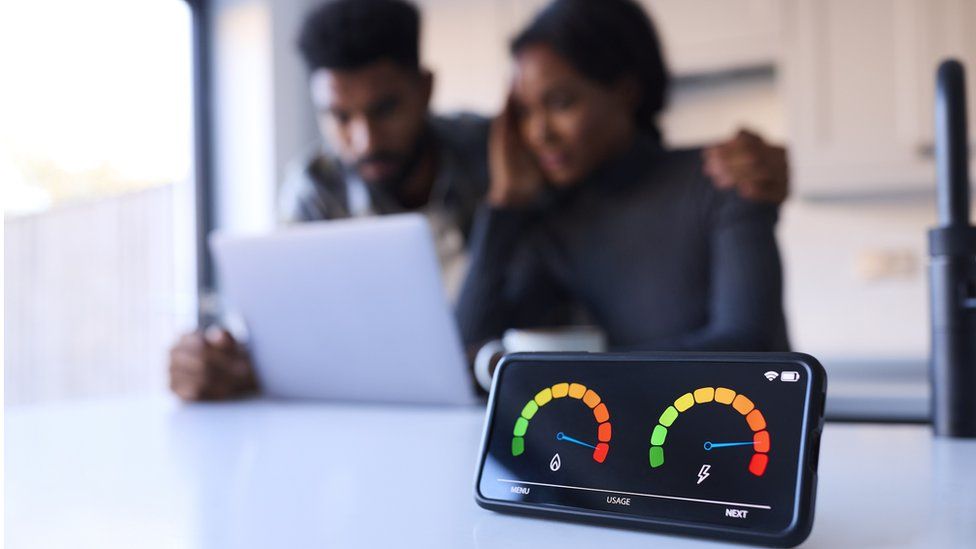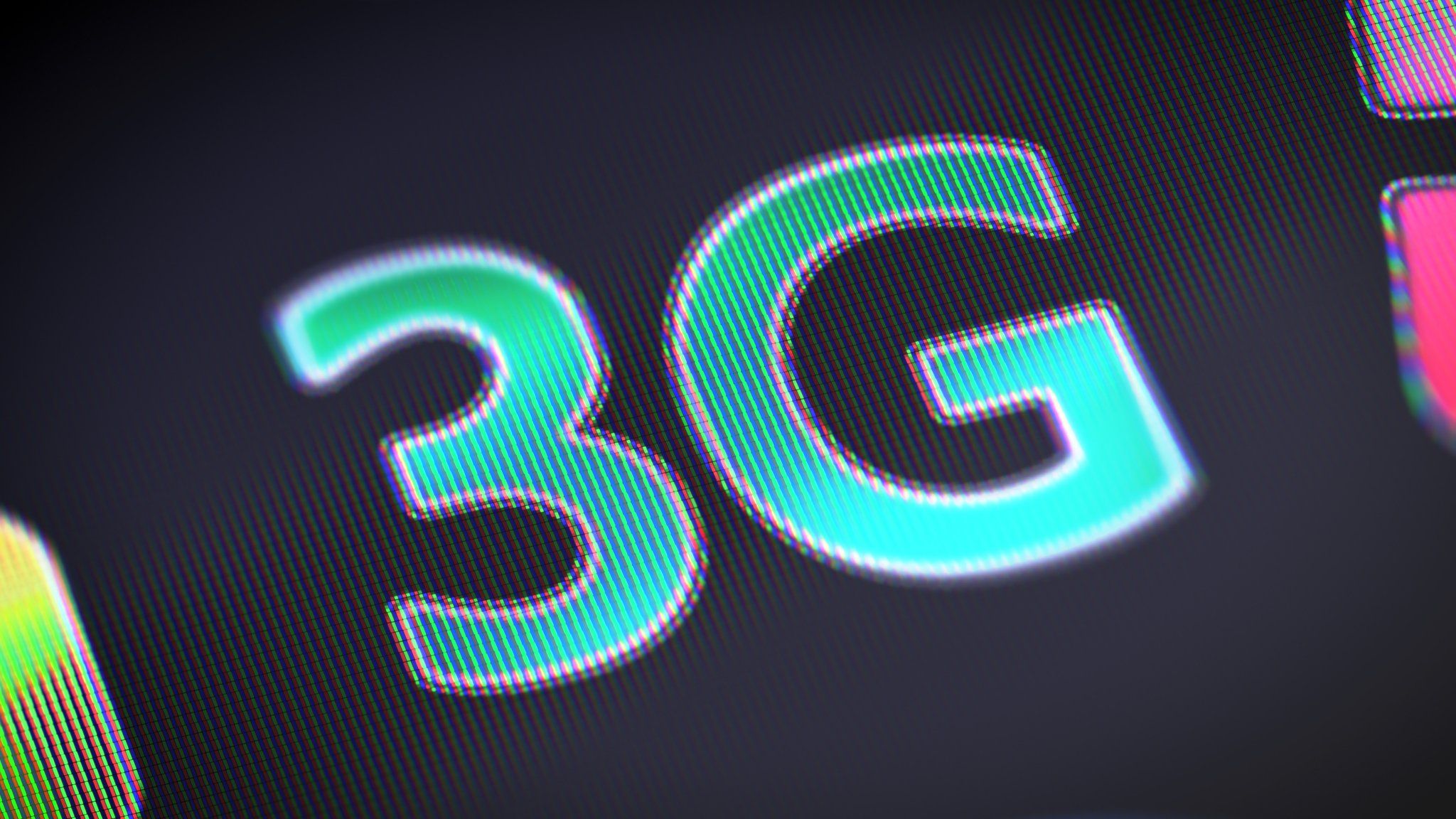Nissan accused of dumping its electric car pioneers


Owners of Nissan Leaf electric cars have accused the firm of “dumping its pioneers” after it announced its app would stop working for older vehicles.
The firm says the app – which allows remote control of functions such as heating – is stopping because the UK’s 2G network is being switched off.
But customers have reacted with anger, telling the BBC they did not expect it to be withdrawn.
Experts expect the issue to affect more electric vehicles as the market grows.
Around 3,000 Nissan Leaf and e-NV200 cars made before 2016 are affected by the app being withdrawn.
These older vehicles are fitted with 2G control units which communicate with the app.
Nissan told the BBC: “The NissanConnect EV app currently linked to Nissan Leaf and e-NV200 vehicles produced up until 2016 will shut down from 1 April 2024 in preparation of the 2G technology sunset.”
It added: “Owners will, however, still be able to use key features such as Climate Control Timer and Charging Timer directly from their car’s Navigation System.”
Affected drivers have told the BBC of their disappointment – in part because mobile network operators will not be phasing out 2G until the end of the decade.
“I was very surprised,” said Max Siegieda, a 2013 Nissan Leaf owner in Manchester.
“I would have expected at least six months, 12 months, something like that to arrange alternatives. This is a key feature of the car that’s going away.”
He said the app’s remote access for features such as heating the car or charging remotely at cheaper times was “a major selling point” when he bought the car second-hand in 2022.
He was already considering upgrading but now says he would be “reluctant” to buy another Nissan “because of the lack of notice” they gave about the app shutdown.
David Morris, who has a 2014 Nissan Leaf, received an email on Wednesday which said his app will stop working next month.
“When you buy a car you expect to have support for it for at least 10 years,” he told BBC News.
“Would I buy another one again, from this manufacturer, if they’re not going to support it for a long term? Not sure,” Mr Morris said.
‘Bad design’
Though this issue affects a relatively small number of drivers, experts predict many more vehicle owners will encounter similar problems in the future.
Dr Benjamin Gorman, a senior lecturer at Bournemouth University, said Nissan “really should have built in some kind of backward compatibility” so that the car could still connect by plugging in a phone or through Bluetooth, adding that “it is bad design.”
But he said, in the future, other electric vehicle owners could also see their software eventually lose functionality as technology moved on, and companies stopped issuing updates.
He also pointed to broader trends within the industry, such as some car manufacturers starting to charge a monthly subscription fee for access to extra features such as apps.
“I think it’s going to be a much wider issue, because essentially, manufacturers are increasingly moving to selling hardware as a service,” said Dr Gorman.
However, Sam Sheehan, motoring editor at car firm Cinch, said it was important to keep the problem in perspective, with this case having a lot to do with the Leaf being a trailblazer.
“It was initially the only mass-market EV [electric vehicle] on sale, which means the connected software it uses is very old,” he told the BBC.
Mr Sheehan predicts that while newer cars will eventually lose some functionality as technology moves on it’s likely they will “stay working for much, much longer than the first Leaf’s ancient tech.”
Related Topics
-
-
20 October 2023

-
-
-
8 December 2021

-
